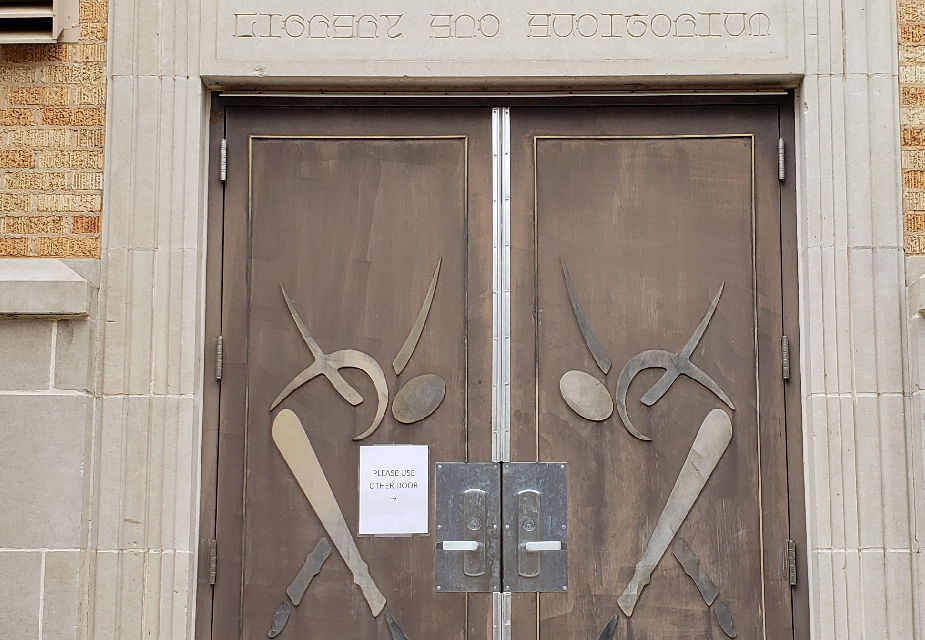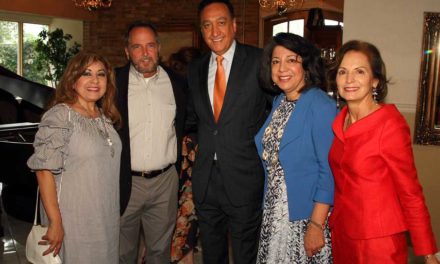It was not very long ago that the people of San Antonio lived in segregation. Although black entertainers could perform in prominent central theatres like the Majestic, their black peers could not attend the shows.
For over 75 years, The Carver Community Cultural Center (“The Carver”) has served as the San Antonio Eastside’s foremost gathering place of cultural exchange and performance arts. It was originally erected in 1918, as a community center for African-Americans. By the 1930s, the building was repurposed as the Colored Library and renamed the Carver Library and Auditorium, in honor of Dr. George Washington Carver. From the 1940s through the Civil Rights Era, prominent African-American entertainers such as Ella Fitzgerald, Duke Ellington, Count Basie, and Louis Armstrong played at the Carver. However, due to desegregation, the Carver fell into neglect by the early 1970s.
In 1973, the City moved to have the Carver demolished, but community members galvanized in an act of civil disobedience, effectively using their bodies as human shields to protect the building from bulldozers. Under the ownership and management of the City of San Antonio (CoSA), the Carver was renovated and reopened in 1977, as the Carver Community Cultural Center. It now operates as a special project of the CoSA’s Conventions Sports and Entertainment Facilities Department.
The mission of the Carver Community Cultural Center is to celebrate the diverse cultures of our world, nation, and community, with emphasis on its African and African-American heritage, by providing challenging artistic presentations, community outreach activities, and educational programs. The Carver Development Board is a 501©3 organization whose mission is to undertake fundraising activities and to provide financial, programming, and advisory support to the Carver Community Cultural Center.
The development board works to sustain the educational programming that is separate from the performance programming at the cultural center. This includes a Youth Matinee Series where all performances are free and open to the public; Master Classes & Residencies where community members have an opportunity to connect and interact with professional artists visiting the Carver Community Cultural Center; Saturday Arts And Culture Classes where youth and adults in low-income households or enrolled in select social service programs may be eligible for reduced fees through Articipate; and Summer camps for theatre, dance and DJing.
Whether a lecture-demonstration, in-school visit, panel discussion or workshop, these outreach activities deepen the relationship between the artist and the community and allow for opportunities for each to grow and learn from the other.
The Carver’s Executive Director, Yonnie Blanchette said she is thrilled and honored to provide programming for the historic performance center and she wants to keep these events accessible to the community.
For more information visit thecarver.org
The Carver Legacy Stands







